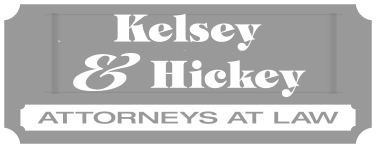You may hear the term “estate plan” and feel a bit intimidated. This can stem from the feeling that what you own does not feel like an estate. Maybe you believe that estate planning is only reserved for the rich and famous. The truth is, estate planning is for everybody and there is no need to feel intimidated.
Your will
At the heart of every estate plan is a will. A will documents your final wishes and specifies who will inherit your property. You will appoint an executor in your will who makes sure your wishes are carried out. Besides designating how your property will be distributed, a will can be used to say who you want to take care of your children. If you only prepare a will but not a trust, your estate will likely have to go through probate.
Probate
Probate is the process of taking care of your financial affairs after you die. Probate is generally required if the only estate planning document you have is a will or if you have no estate planning documents at all. Under the supervision of the probate court, your will is submitted for approval and your assets will be collected and distributed. Whatever bills and taxes you may owe will be taken care of during the probate process using your property and assets.
Trusts
Documents involved in the probate process will be public records, however, one benefit of establishing a trust is it will avoid the public process of probate. When you set-up a trust, you are drawing up a legal document to hold assets for one or more beneficiaries. You will appoint a trustee who will be in control of the trust.
Powers of attorney
Establishing powers of attorney to someone, known as the attorney in fact, means you are allowing someone you trust to make decisions on your behalf if you become incapacitated. You can opt for powers of attorney to make all decisions for you or just specific ones. These decisions can include financial, medical and legal decisions. Some examples can include:
- Taking control of bank accounts
- Decisions on medical treatment such as withholding treatment or if not to resuscitate
- Managing duties involved in your home, such as repairs
- Handling property management duties of rental properties, such as upkeep and rent collection
- Distributing donations to charity
Reviewing your estate plan
You have finally completed your estate plan, congratulations! But an estate plan is not something you do once and file away in a drawer. As your life changes, so should your estate plan. Some examples of when your estate plan should be updated include if you get married, divorced, have a family member die, have grandchildren, move or purchase a business. Besides changes in your life, there can be changes in state and federal laws that can impact your estate. You should plan on reviewing your estate plan regularly to stay current on your wishes.
